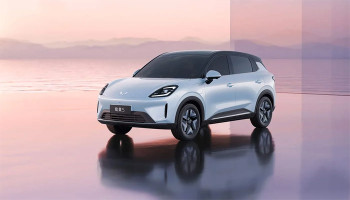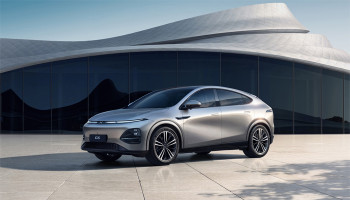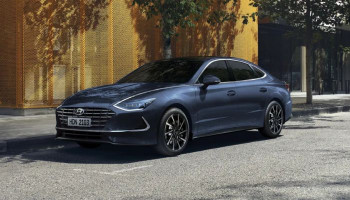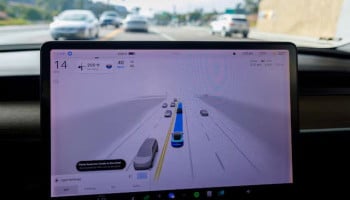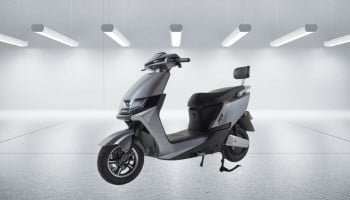
Pakistan's auto sector has been undergoing significant localisation in an attempt to address the gloom hovering over the economic stability, yet it has emerged that the industry is facing some grave challenges.
The auto sector in the country has reduced import dependency as part of the localisation of cars and light commercial vehicles (LCVs), which reached 55% by 2024, said Indus Motor CEO Ali Asghar Jamali and Pakistan Automotive Manufacturers Association (PAMA) Director-General Abdul Waheed Khan, according to The News.
However, the most worrisome among the persisting challenges is the absence of industries like steel and chemicals that have been obsoleted, blowing up the country's production self-sufficiency in the respective spaces.
Khan told the publication that localisation efforts have been in place since 1990 and have contributed $5 billion to the economy while creating 2.5 million jobs.
More than 300 local vendors have played a crucial role in making Pakistan's automotive sphere thrive through investment from original equipment manufacturers (OEMs), noted Jamali, adding that such bold moves have improved the sector's efficiency and just-in-time logistics.
The remarkable performance of the sector is also attributed to government policies, especially the 2007 auto policy, which incentivised local production and technology transfers.
What validates the localisation is a notable pricing perk: a locally assembled sedan with 20% localisation cost $20,185 in 1993, whereas a similar model with 64% localisation in 2024 was manufactured with $15,996, discounting the impact of the exchange rate.





